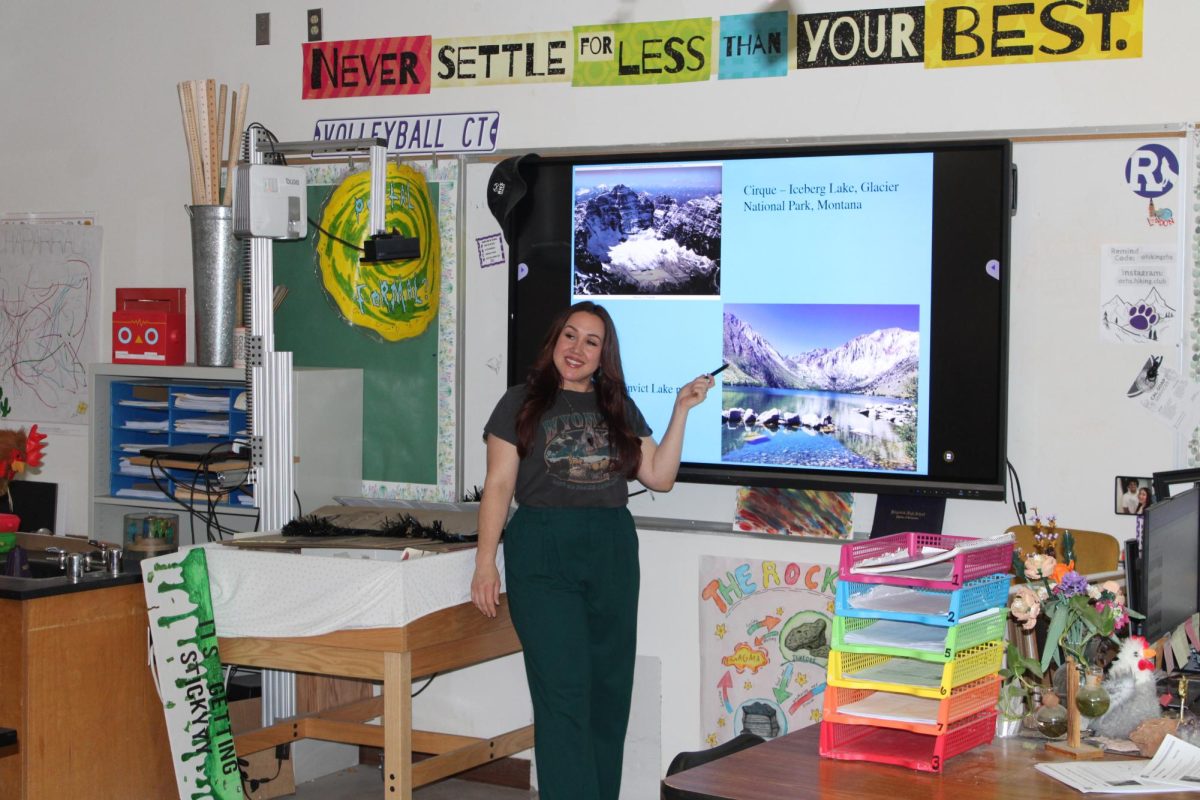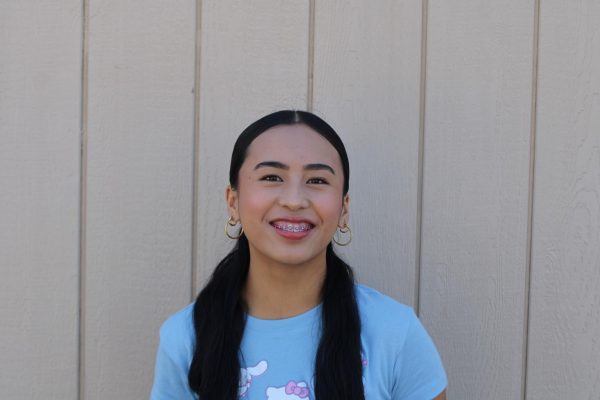With summer break less than one month away, many are getting ready to spend their days on a much-needed vacation getaway. However, for some students, the end of the school year marks not only leisure time at the pool, but the start of summer school classes. This up-coming summer, there have been changes made regarding the length of school days and the duration period, receiving mixed feedback from students and staff alike.
Salvador Garcia, head counselor and Director of Guidance at Ridgeview, clarifies, “It’s not the counselors that make these choices…this comes from the district office.” Starting this summer, classes will start from 7:30 AM to 2:10 PM, compared to previous years where classes ended around 12:00 in the afternoon. Garcia states, “It turns out to be mathematically the same time of summer school that you guys will have,” as the length of summer school has shortened from six weeks to four weeks as well. Putting himself in a student’s position, Garcia expresses that while the extensive days can seem overwhelming, “I think that life is about learning, especially learning from our mistakes…and if we got a D or an F in a class…there’s always exceptions, but very likely it is because we didn’t put forth the effort we were expected to,” continuing, “We have to do something about it, and summer school is one of those things.”
Ashley Gonzales, a seven-year academic counselor, explains, “District made the change due to not only cost of energy…but also due to the fact of the time in general of students being here.…it was more of having more support during that month of June rather than the two weeks in July.” As a counselor, Gonzales only works until June, so having the shorter duration of summer school allows her and other counselors to easily assist students throughout the entire period. While this is more convenient in theory, Gonzales also understands how students and staff may feel. “Kind of mixed emotions. I feel like a lot of them are a little on the fence about being here longer, but at the same time, after us telling them, ‘Hey, you get your whole month of July,’ then they’re apt and open to.” Considering how the change may affect student learning, Gonzales says, “At first, we were kind of worried about it because summer school’s already a long day, being in one class all day is harsh for some of the kids. But, they did add a lunch break…so they get a 30-minute lunch break and then they still get a 15-minute break as well.”
Leanna Hamm, an incoming junior planning on taking Chemistry over the summer, is less than thrilled about the exhaustive days. “We go straight from our last finals into summer school, and we’re expected to be in one class for six hours, four weeks straight?” With academically rigorous courses like science classes, retaining and receiving such a large amount of information in one session demands a lot from students, especially those who may be taking a class for remediation purposes. As someone who has attended summer school with the previous schedule, Hamm confesses, “I preferred the six weeks. It might have been longer, but I got home earlier and had that extra time for other things.” Hamm ends dissatisfied, saying, “It’s going to be a really difficult summer.”
While the overall feedback regarding the brand-new schedule varies from optimistic to unhappy, Garcia motivates students to do their best, encouraging, “Stay positive…I know that summer school seems dreadful, but it’s really all in our perspective. We can see it as dreadful, or we can see it as something that needs to get done. Stay motivated and stay outgoing.”












